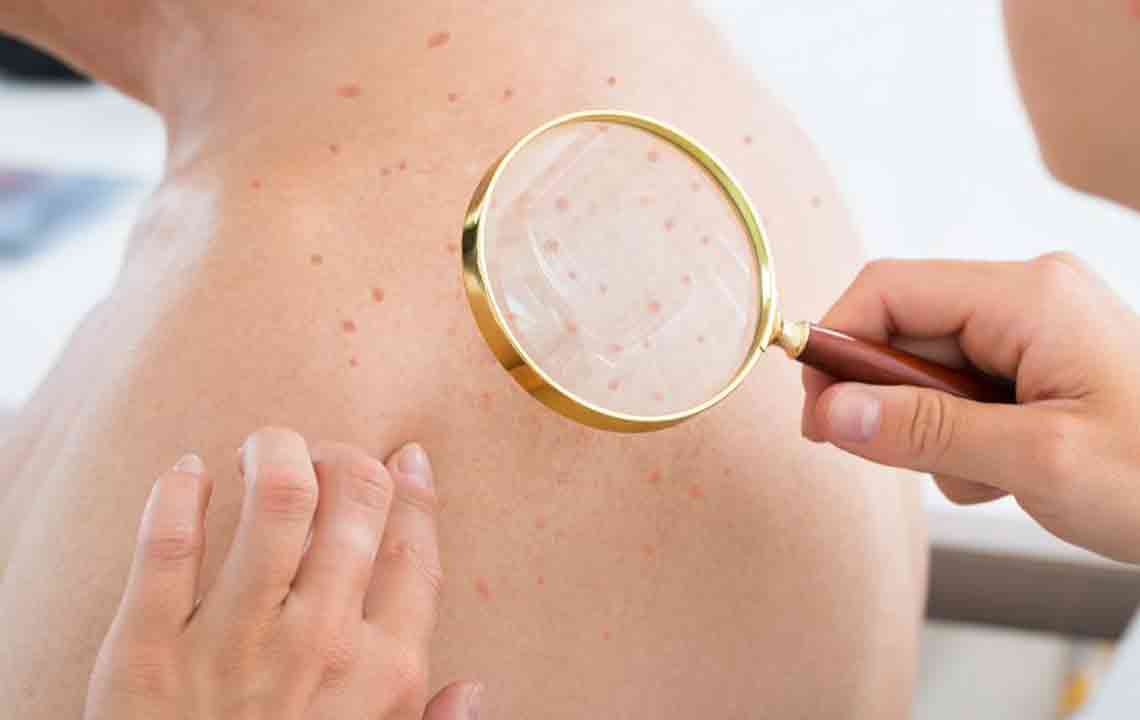Atopic Dermatitis Eczema – Causes, Symptoms, and Treatments
An overview of atopic dermatitis eczema
Atopic dermatitis eczema is a skin condition that turns the skin red and makes it itchy. Although this skin condition is commonly seen in children, atopic dermatitis eczema can also occur in adults. The cause of this skin diseases is not yet clear, but it is a chronic problem and happens to flicker at different periods.
If a person is experiencing atopic dermatitis eczema, it is seen that the ability of the skin to hold moisture is reduced, which is why the skin turns dry, itchy, and red. Most of the times, this skin allergy is accompanied by hay fever and asthma.

Some factors that aggravate atopic dermatitis eczema and make it worse are enlisted below.
- Harsh detergents or soaps
- Allergic to any type of food items such as peanuts, milk, soy products, fish, and wheat
- Some people might be allergic to weather changes such as cold and dry or humid
- Any type of skin infection
- Some of the allergens such as pet dander
- Anxiety or stress
- Depression
It is very important to identify the cause of atopic dermatitis eczema so that the skin specialist can prescribe the medicines accordingly.
Causes of atopic dermatitis eczema here
It is a known fact that healthy skin is capable of retaining moisture. This function of the skin keeps away dryness and protects the skin from factors such as allergens, irritants, and bacteria. On the other hand, when a person is suffering from atopic dermatitis eczema, the skin cannot retain moisture, which in turn makes the skin dry and vulnerable to different environmental factors such as bacteria and allergens.
Symptoms of atopic dermatitis eczema
It is important to track the symptoms of atopic dermatitis eczema and consult a dermatologist accordingly. Atopic dermatitis eczema begins with dry skin that is often itchy. Constant itching and dryness lead to inflammation of the skin. These symptoms might appear to be common skin rashes, but should be taken seriously and one should consult the doctor.
Furthermore, one can notice tiny bumps on the skin that look like blisters and sometimes might also ooze fluid. It has been commonly seen that the symptoms of atopic dermatitis eczema such as dry skin, constant itchiness, and redness of the skin may fluctuate from time to time. This does not imply that the skin issue has been resolved. One can notice that there are signs and symptoms of recurring rashes that make the skin rough, stiff, and thick.
There are two stages of atopic dermatitis eczema. This skin problem can be briefly divided into mild atopic dermatitis eczema and severe atopic dermatitis eczema. It has been seen that mild atopic dermatitis eczema generally affects a small area of the skin, and the skin is not very itchy. This type of eczema goes away with the application of a moisturizer.
On the other hand, severe atopic dermatitis eczema usually occurs on a larger skin area and causes skin inflammation due to dryness and constant itching.
Which part of the skin is affected by atopic dermatitis eczema?
Atopic dermatitis eczema affects people of every age group. There are skin rashes that are seen in certain parts of the body. While in babies, the rashes are seen on the cheeks, back of the elbows, and the scalp, the affected parts in children are commonly seen on the legs, creases of knees, wrists, and ankles. Adults can also get atopic dermatitis eczema, and the rashes appear on the nape of the neck, creases of the knees, and elbows.
Treatments for atopic dermatitis eczema
Atopic dermatitis eczema can be stressful for adults and lead to depression, at times. Some if the home-based treatments for eczema are are as follows.
- Apply moisturizer daily to help the skin retain the moisture
- Application of an anti-itch cream can provide relief from constant itchiness
- Oral medication as per the doctor’s prescription
- Cover the affected skin area with bandage to prevent the skin from further scratching
- A warm bath can be helpful
- Using a humidifier helps add moisture to the indoor air
- Furthermore, it is always beneficial to identify the symptoms and treat the skin rash immediately to avoid triggers that worsen the skin rash
If a person suffers from any kind of skin rash, it is necessary to identify the causes and symptoms of the same. If the symptoms imply atopic dermatitis eczema, keep this information handy and consult the doctor immediately to avoid last-minute hassles.

